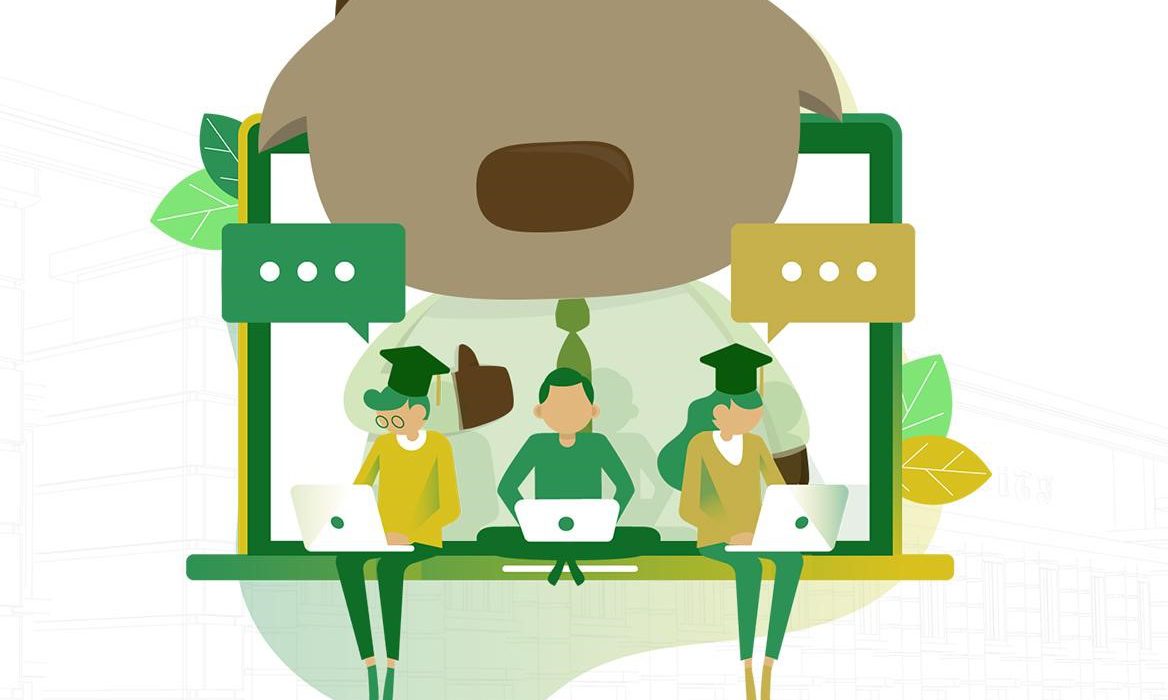Social distancing and lockdown restrictions have not stopped the FEU Guidance and Counseling (G&C) department from continuing its service of providing psychological support for its students. The National Center for Mental Health has reported an increase in mental health crisis consultations since community quarantine measures as a result of the isolation and uncertainty brought about by the COVID-19 pandemic.
Dr. Sheila “Shake” G. Hocson, the FEU G&C Director and Motivational Speaker recognized the need to help their students adapt to the “new normal” and formulated a guide to help maintain a healthy psychological well-being. Here are some of the tips below:
- Develop a mindset open to challenges and criticism and the ability to withstand the worst. This includes being aware of your limits, educating yourself about mental health, and adopting practical coping mechanisms for your well-being.
- Practice empathy, compassion, and kindness when dealing with other people. Especially in stressful situations when it’s more difficult to do so.
- Self-care is important during the quarantine. it is important to invest in your psychological capital of optimism, hope, self-efficacy, and resiliency. Limiting your use of social media and establishing clear short and long-term goals is vital to staying both positive and optimistic.
- It is also healthy to invest your time in learning new things such as picking up and interests that give you pleasure.
- Take the time to get in touch with the important people in your life. Develop quality connections and strengthen relationships with those that matter to you such as your loved ones, mentors, counselors, doctors, and pets.
These practical tips should help everyone develop the ability to face mental health concerns and other illnesses most especially in these trying times.
In addition, FEU is offering virtual mental health counseling to members of their community through a program called ”TeleWellBeing”. This program allows the G&C office to help the members of their community in mental distress.
The demand for counselors and mental health specialists has considerably increased as people struggle to cope with the situation. Since the start of the Community Quarantine, Dr. Hocson has conducted at least 15 webinars. “When we get messages saying that the audience is inspired, touched, enabled, and influenced by our positive messages, that makes the effort well worth it.”



